It’s hard to believe it’s already November! The days are getting shorter, the temperature is getting colder, and it’s becoming harder and harder each morning to get out from under my warm blankets. It seems like just yesterday I was enjoying warm weather and lounging on beaches. Reminiscing like that had me thinking back to this past August, when I attended the 2025 conference for the World Association for the Advancement of Veterinary Parasitology (WAAVP) held from August 17th to the 21st in Curitiba, in the southern part of Brazil. (I got to see some wild capybaras!)
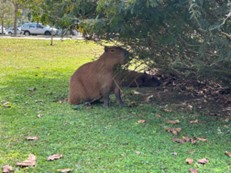
I went as the Publisher for the journal Parasites & Vectors and was able to meet in-person with a number of editors who work on the journal who play critical roles in supporting the journal, including Editor-in-Chief Filipe Dantas-Torres,. It wasn’t all just strategy meetings on publishing, though: I was also able to attend a number of lectures at the conference.
As the name of the conference suggests, the specific focus was on veterinary parasitology, with talks on ticks, tick-borne diseases, mosquitos, kissing bugs, the effects of climate change on vector-borne diseases, and more. Though I certainly can’t do justice to them all, two talks particularly stuck in my mind. One, entitled “Canine leishmaniasis in the Americas: from etiology to zoonotic importance” by Filipe, took a look at various Leishmania species and their transmission cycles. “Usefulness of volatile organic compounds for the repellence and attraction of arthropod vectors” by Marcos Antônio Bezerra-Santos, examined volatile organic compounds, chemicals emitted as products of cell metabolism, and their role as olfactory cues for arthropods such as mosquitos, ticks and sand flies. (You can access a full list of the abstracts presented at WAAVP from their conference website.)
The 2025 Odile Bain Memorial Prize, given to young researchers working in parasitology, was also announced at the conference, to Guangxu Ma and Lucas Sousa-Paula. Lucas was even able to attend in person to receive his prize. Both winners wrote BugBitten blogs, which you can read here: Behind the Prize: Reflections from Guangxu Ma on the Odile Bain Prize by Guangxu Ma and Odile Bain Memorial Prize 2025 – Behind the Prize by Lucas Sousa-Paula.
(One particularly exciting piece of news was announced toward the end of the conference, which is that Filipe Dantas-Torres was elected to serve as the new President of the WAAVP—you can view the full executive committee here.)
I hope that I’ll be able to attend again and can wholeheartedly recommend all of you to do the same! The next WAAVP conference will be held in 2027 in Berlin and is sure to be a great time.
Follow the Topic
-
Parasites & Vectors

This journal publishes articles on the biology of parasites, parasitic diseases, intermediate hosts, vectors and vector-borne pathogens.
-
BugBitten
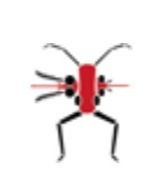
A blog for the parasitology and vector biology community.
Related Collections
With Collections, you can get published faster and increase your visibility.
Credelio Quattro
Articles published in the collection have already gone through the systematic peer review process of the journal.
Publishing Model: Open Access
Deadline: Apr 24, 2026
Translational leishmaniasis
Topics of interest include:
• Analytical and omics-based advances for parasite detection, monitoring, and characterization.
• Comparative biology of Leishmania and related parasites, with emphasis on shared mechanisms of infection and survival.
• Host-pathogen interactions and immune responses.
• Epidemiology and transmission dynamics, including drawing parallels between leishmaniasis and other parasitic infections.
• Translational strategies in drug discovery, vaccine development, and therapeutic interventions applicable to leishmaniasis and related parasitic diseases.
By linking leishmaniasis with other parasitic diseases of similar characteristics, this collection seeks to foster integrative approaches, stimulate cross-disciplinary dialogue, and accelerate the translation of knowledge into innovative diagnostic, preventive, and therapeutic solutions.
Publishing Model: Open Access
Deadline: Jun 01, 2026


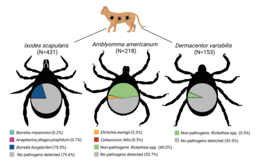
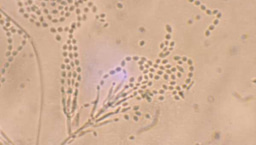
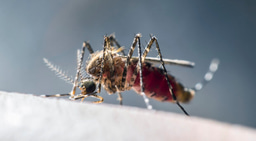
Please sign in or register for FREE
If you are a registered user on Research Communities by Springer Nature, please sign in